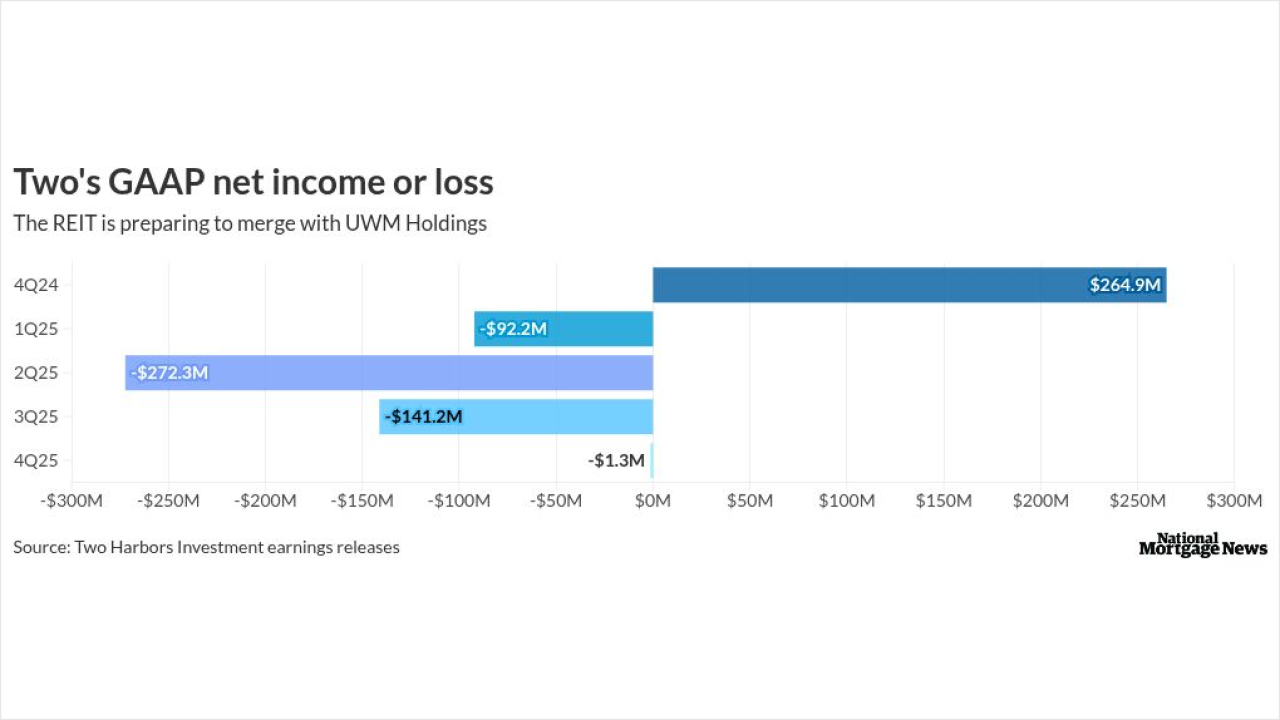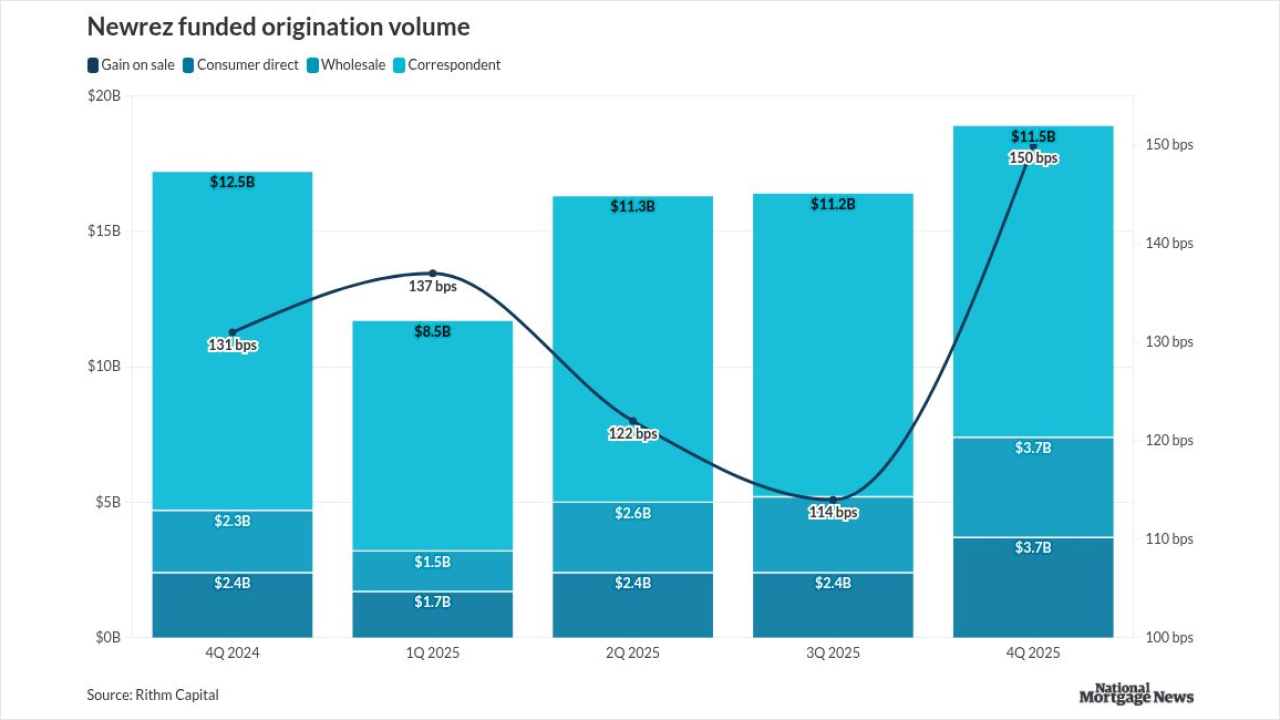
Those named to

Setting AIm
The intuitive nature of AI will also help avoid mistakes due to human error, and allows the tool to learn and grow with time. Its use cases span potential implementations from document management to decisioning. Some even think the tool could render the loan officer obsolete.
“Digital mortgage tech and the rise of AI will fundamentally change the entire mortgage industry in the very near future. Data analysis will increasingly become more insightful, detailed, and accurate, allowing for tighter forecasting, more effective planning, achieving higher success rates on organizations target goals,” said Jesse DeJacimo, branch manager at Warren, Ohio-based Waterstone Mortgage Corp.

Driving automatic
"High producing loan officers have large networks and influence; their challenge is not so much in bringing in new business but more so in managing workflow and efficiency to accommodate and serve their networks. The digital mortgage function provides that," wrote Tammy Saul, owner and loan originator of Baltimore-based Federal Hill Mortgage in her response.
Another example: Having data — asset, employment, income, etc. — automatically populate across the myriad forms involved in a mortgage would streamline borrowers’ information gathering as well as lenders’ processing.
Generating verified information would eliminate the need for resubmissions of updated documents, streamlining the entire procedure and create faster turn times.
Michael Lipari, SVP of Paramus, N.J.-based Bond Street Mortgage sees risks in aiming solely for speed.
“At the current time the innovation and technology that allows borrowers to avoid the human element of the mortgage process can be productive, but yet very concerning. I am all for technology giving the consumer the convenience to provide information privately on their own time. However, it is concerning if that information is not thoroughly reviewed or followed up with a conversation or meeting. This can rush the most important early stages of the process,” he said Paramus, N.J.-based Bond Street Mortgage SVP Michael Lipari.
LiPari sees the more likely outcome as instead favored a hybrid approach, marrying human and something short of a machine takeover.
“The last thing the mortgage industry needs is for a consumer to choose whom to get pre-approved by based on how quickly they can obtain a letter. On the other hand this technology, coupled with thorough individuals behind fielding the information, can allow lenders to reach new heights of business,” he said.
However the next phase of technological advancement proceeds, just about everyone expects the process of getting to closing to be much quicker than it is today.
“As more things become automated, loans will close much faster than they do now. I can see two-week purchase contracts becoming a norm over the next 15 years, allowing lending institutions to close more volume than ever could before,” said DeJacimo.

Finishing strong
"Right now, this is the only step where the borrowers need to be physically present to close on the mortgage. With large scale adaptation of true 'e-closings', the borrowers will experience the freedom of actually getting a mortgage while being anywhere in the country or the world," Shashank Shekhar, CEO of Arcus Lending, wrote in his response.
Remote notaries have made it possible for some borrowers to close on a mortgage from their own home but the option is not yet available on a national scale. Today 15 states have adopted laws permitting the use of remote online notarization, and several more have active legislation up for consideration, according to the Mortgage Bankers Association. While a number of states have yet to adopt a RON statute, some have study bills in place, so it’s only a matter of time until more get on board.
Trust will be critical for this kind of change to take hold. Fears of identity theft and fraud are prevalent and lenders need to show customers their technology is safe in addition to being convenient.
"The digital innovation and technology now available it should make customers feel more confident from a privacy and security standpoint as well," Baret Kechian, loanDepot branch manager, said in her response. "Providing your personal and private financial information is scary to most consumers, and we hear plenty of stories about data breaches and identify theft. So working with a lender that has security locked-down in their systems and a heightened focus on protecting our customers' information will really help encourage borrowers to adopt the new digital processes."
Of course, the greatest impact will derive once all the technology becomes interconnected. Right now,


